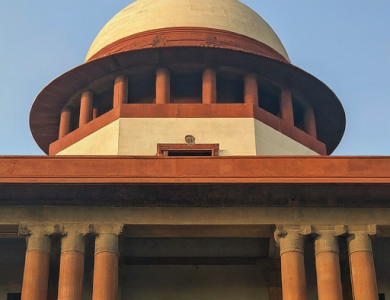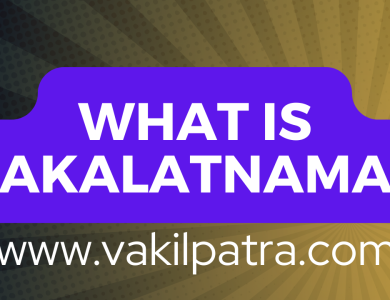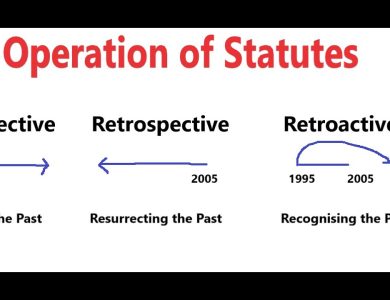Media Law in India: Freedom and Responsibility

Media Freedom in India
Media law in India is a dynamic and intricate field that governs the rights and responsibilities of media organizations, journalists, and citizens. At its core, media law seeks to balance the fundamental right to freedom of speech and expression with the need to maintain law and order, protect national security, and safeguard the reputation and privacy of individuals.
Constitutional Provisions
The Indian Constitution, under Article 19(1)(a), guarantees the freedom of speech and expression as a fundamental right. However, this freedom is not absolute. Article 19(2) imposes reasonable restrictions on this right to prevent defamation, incitement to violence, and threats to national security.
Regulatory Framework
Media law in India is shaped by a complex web of legislation, regulations, and judicial decisions. Key regulatory bodies include the Press Council of India, the News Broadcasting Standards Authority (NBSA), and the Advertising Standards Council of India (ASCI). These bodies oversee issues related to journalistic ethics, content standards, and advertising practices.
Defamation and Libel Laws
Defamation is a critical aspect of media law. Journalists and media organizations can face legal consequences if they publish false statements that harm a person’s reputation. Indian law recognizes both civil and criminal defamation, with the potential for fines and imprisonment.
Privacy and Right to Information
The right to privacy is an evolving area of media law in India. While citizens have a right to privacy, media outlets also have a duty to provide information in the public interest. Balancing these rights can be challenging, and cases involving privacy violations often find their way to the courts.
Contempt of Court
Media organizations must be cautious when reporting on court proceedings. Contempt of court laws are in place to ensure that media coverage does not interfere with the administration of justice or tarnish the image of the judiciary.
Media Ownership and Cross-Media Ownership Rules
Media ownership is a crucial consideration in media law. To prevent monopolies and promote diversity, the government has set rules limiting cross-media ownership, ensuring that no single entity has undue influence over multiple media platforms.
Fake News and Misinformation
The digital age has brought new challenges in the form of fake news and misinformation. While media law addresses this issue, enforcing regulations in the online realm can be complex.
National Security and Sedition Laws
National security concerns sometimes clash with media freedom. Laws such as the Official Secrets Act and sedition laws can restrict what journalists can report, leading to debates about their scope and applicability.
Challenges and Evolving Landscape
Media law in India faces ongoing challenges related to its interpretation, enforcement, and adaptation to new technologies. With the rise of social media, citizen journalism, and online platforms, the legal framework is continually evolving to address emerging issues.
Conclusion
Media law in India is a delicate balance between safeguarding freedom of speech and expression and maintaining social order, protecting individual rights, and ensuring ethical journalism. This complex legal landscape requires media organizations, journalists, and citizens to navigate it with a keen understanding of their rights and responsibilities in the ever-changing world of media and communication.








